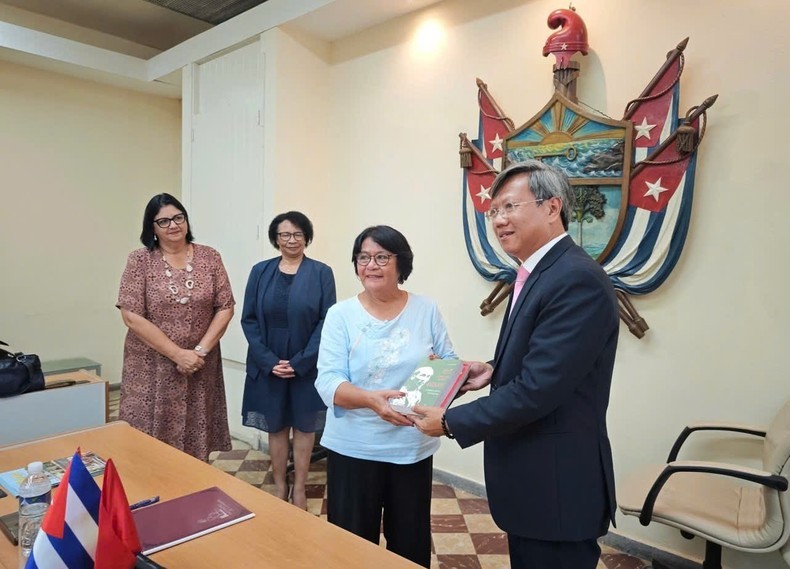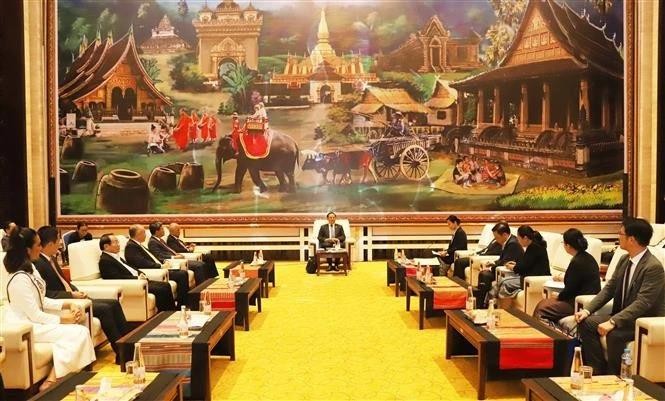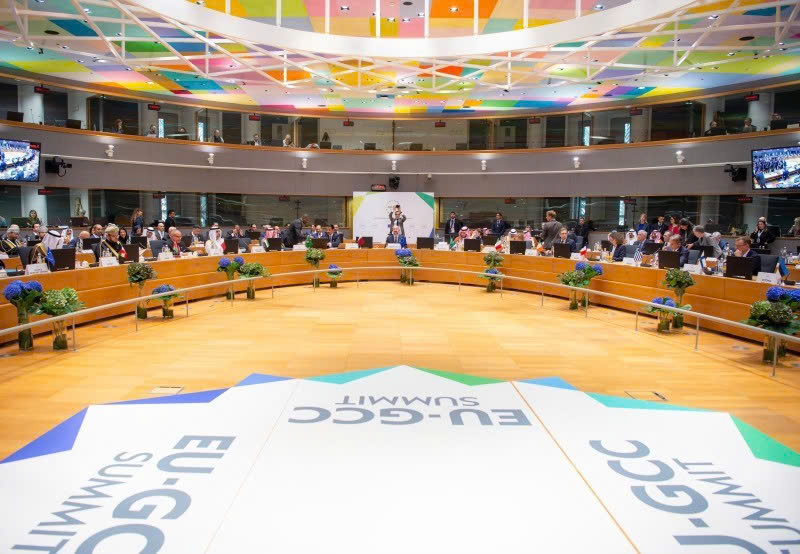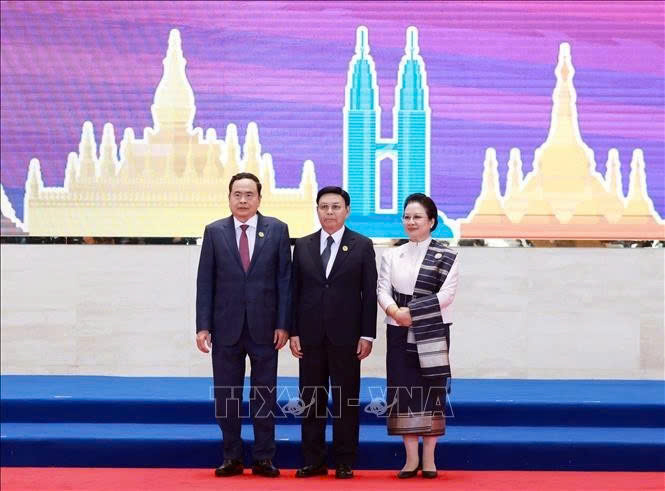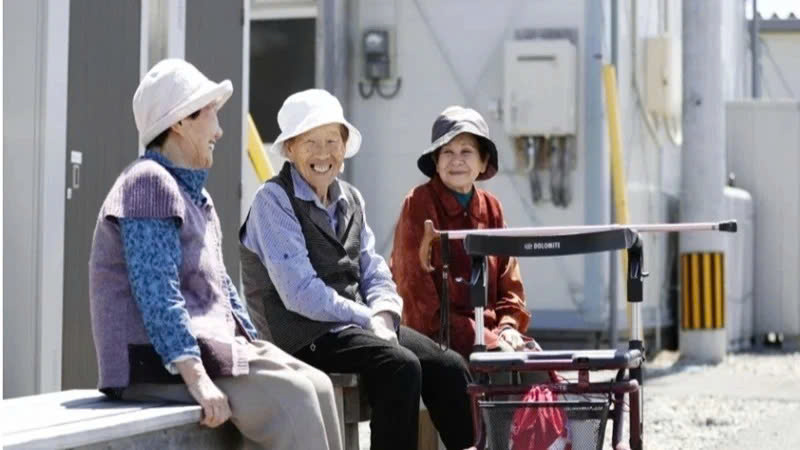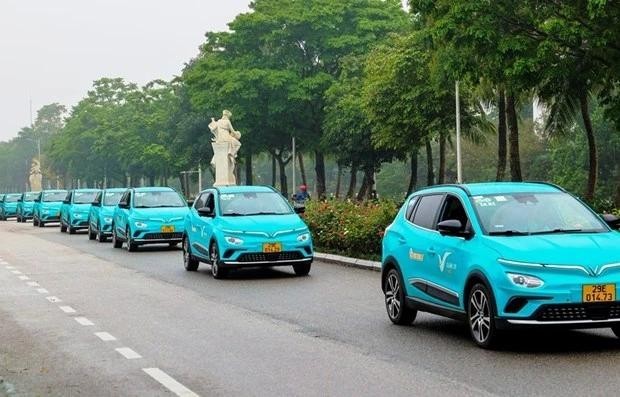In the context of the world economy's efforts to recover, the BRICS emphasised their commitment to bring about important changes, laying a solid foundation to push the members towards the goal of common prosperity.
The BRICS group of major emerging economies, consisting of Brazil, Russia, India, China and South Africa, is shaping the rules and standards for new members, while an increasing number of countries show interest in joining the group.
China started discussions on the possibility of expanding the group when it served as the Rotating Chair of the BRICS in 2022. At the BRICS Annual Summit held in South Africa in early June, 19 countries expressed interest in joining the group, of which 13 have submitted formal proposals.
Ethiopia, one of the fastest-growing economies in Africa, is the latest country, when it officially proposed to join the BRICS on June 29 and hoped that the group's members would respond positively to this request. Ethiopia will continue to cooperate with international organisations that can protect its interests.
Earlier, Iran also expressed its desire to join the group and hoped that the BRICS would soon decide on the new membership mechanism.
The influence of the BRICS increased dramatically when this group embarked on a plan to create a new type of financial institution, replacing traditional international financial institutions.
Argentina, one of the major economies in South America, said it has received official support to become a BRICS member.
Algeria assessed that the country's accession to the BRICS will contribute to promoting the country's strategic advantages in terms of geopolitical position, access to new technologies and promoting economic cooperation.
The expansion of BRICS membership to countries such as Algeria will help BRICS shape a new economic bloc, with the strengthening of South-South cooperation, contributing to the rebalancing of international relations that has long been considered to be dominated by the northern states.
The influence of the BRICS increased dramatically when this group embarked on a plan to create a new type of financial institution, replacing traditional international financial institutions.
BRICS members have established the New Development Bank (NDB), to finance infrastructure and sustainable development projects in member countries, as well as other emerging and developing countries. In 2021, the NDB began to expand its membership, adding Bangladesh, Egypt, the United Arab Emirates and Uruguay.
Egyptian economic managers expected that joining the NDB will help Cairo reduce its dependence on the US dollar because NDB members can use the local currency in trade.
The government of Honduras has recently applied to join the NDB, while Myanmar is also considering joining the bank and has expressed support for the BRICS initiative, to promote the use of alternative currencies in international trade.
The BRICS member states make up an economic bloc that accounts for about 30% of the global economy, 26% of its area and more than 43% of the world's population.
According to international economic experts, the admission of more members can help the group continue to expand its market size, diversify industries, and promote trade and investment flows, which contribute to promoting economic growth and integration of member countries.
In addition, the expansion will also increase the influence of group members in the formation of new standards and policies on global governance.
Indian Foreign Minister Subrahmanyam Jaishankar highlighted the importance of reforming global decision-making bodies, asserting that old ways cannot solve new challenges.
With its initiatives, BRICS is gradually becoming an attractive proposition for emerging economies seeking a more equitable global governance system, in which developing countries can participate more deeply in decision-making and policy-making processes.
Source: NDO

.jpg)

